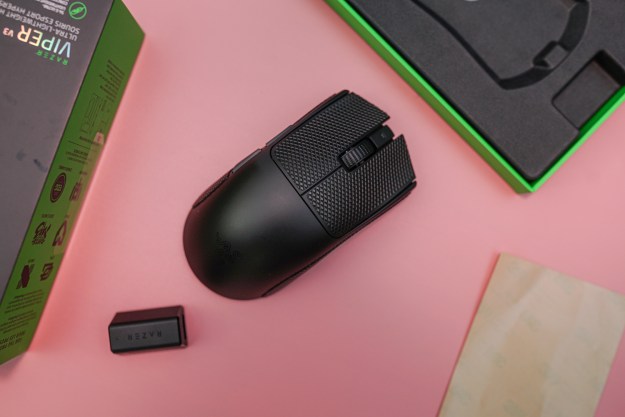 Everyone who’s attempted any of the dance or sports games for Kinect knows about that horrible part where the game shows you…you. That motion sensor you think you’re controlling? It records everything you’ve been doing, and much to your chagrin, shows you the embarrassing footage.
Everyone who’s attempted any of the dance or sports games for Kinect knows about that horrible part where the game shows you…you. That motion sensor you think you’re controlling? It records everything you’ve been doing, and much to your chagrin, shows you the embarrassing footage.
Apparently it’s more than just embarrassing users, it’s spying on them – or rather, might in the future. This isn’t some Y2K-apocalypse-Big Brother tracks-your-passport kind of hunch either. At a conference yesterday a Microsoft executive confirmed to the audience that this is something the company is looking into.
Microsoft’s Dennis Durkin said yesterday that Kinect could help the company “be more targeted about what content choices we present; what advertising we present; how to get better feedback and data; about how many people are in a room when an advertisement is shown; how many people are in a room when a game in being played.” As users can see when playing the games, the camera can differentiate between different players, and this can actually extend to judging how much viewers are interested in any given game. Kinect also can record sound, which makes the job even easier.
Durkin gave an example, saying if people were watching a sporting event, the camera could see what jerseys they were wearing and deduce what team they support. Then advertisers would be able to specifically tailor to them.
While this sounds undeniably creepy, it’s not very different than how Facebook ads work. Users supply information in their accounts and profiles – in some cases, much more than would ever be available to Kinect. Pictures, relationships, complete listings of favorite books, foods, movies, websites, etc. But some could argue that the key difference is a person can control (to a certain degree) precisely what and how much information to make available to the site’s advertisers. If Kinect does begin to use this technology for marketing purposes, you would be automatically offering up (at the very least) your image, sex, general age, and skill level. It might not sound like a lot, but it’s enough for advertisers.
If it’s any consolation, marketers would receive this information in the traditional numbers and charts format, versus actual video footage.
Don’t destroy your Kinect in an Orwellian-inspired fury just yet though. In response to a Wall Street Journal blog about the matter, Microsoft reassured users today that none of its systems “use any information captured by Kinect for advertising targeting purposes.” They can, but they’re not. Yet.


